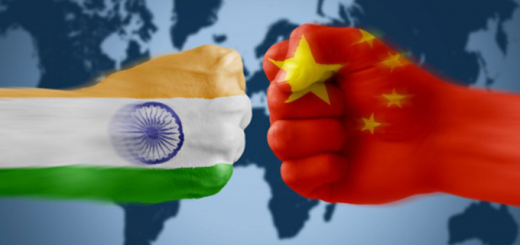“Remembering the Veterans” The untold history of Indian efforts in Korean War
Technically speaking, the Korean war is still on as there was never a final end of war peace agreement, but just a temporary armistice was signed.was afraid that Korean war would lead to WW3 and that atomic bombs could be used (Soviets also developed ‘the bomb’), this might drag India
India was afraid that Korean war would lead to WW3 and that atomic bombs could be used as the Soviets also developed ‘the bomb’ this might drag India into the war. Also as China is its neighbour, it was afraid of the spillover effects. Policymakers in India tried to pacify all sides by mediating the matter between all parties.
The New York Times declared that the struggle for Asia “could be won or lost in the mind of one man – Jawaharlal Nehru”.
India instead of sending its armed forces on the request of UN had sent a medical unit to Korea as a humanitarian gesture, India’s medical services are still fondly remembered in Korea by both sides which was much justified India’s role as the chairman of the Neutral Nations Repatriation Commission which would handle the prisoners of war(PoWs) of both sides and interview them to determine which of them wanted to go back.
India dispatched a 6000 Indian Custodial Force to Korea. Here a glimpse:

One of the photos on display at the Korean Embassy in New Delhi, India. In 1950, the 60th Corps of the Field Hospital in India boarded on the Elder Johnson heading to Korea, was shown. The embassy received a photo from 60 Fair Field Hosp

The 60th Justice Field Hospital staff in India portrayed the use of animals to transport supplies.

The 60th Justice Field Hospital staff in India portrayed the use of animals to transport supplies.

Indian Soldier interacting with the coalition peacekeepers from Britain, New Zealand, and Australia

Photograph of a veteran’s son, Akshay Sur, Akshay’s father, Balaji Sur, was dispatched to Korea in 1950 as a dental surgeon at 60 Fairfield Hospital in India and served for four years.
India instead of sending its armed forces on the request of UN had sent a medical unit to Korea as a humanitarian gesture, India’s m7edical services are still fondly remembered in Korea by both sides which was much justified India’s role as the chairman of the Neutral Nations Repatriation Commission which would handle the prisoners of war(PoWs) of both sides and interview them to determine which of them wanted to go back.


















